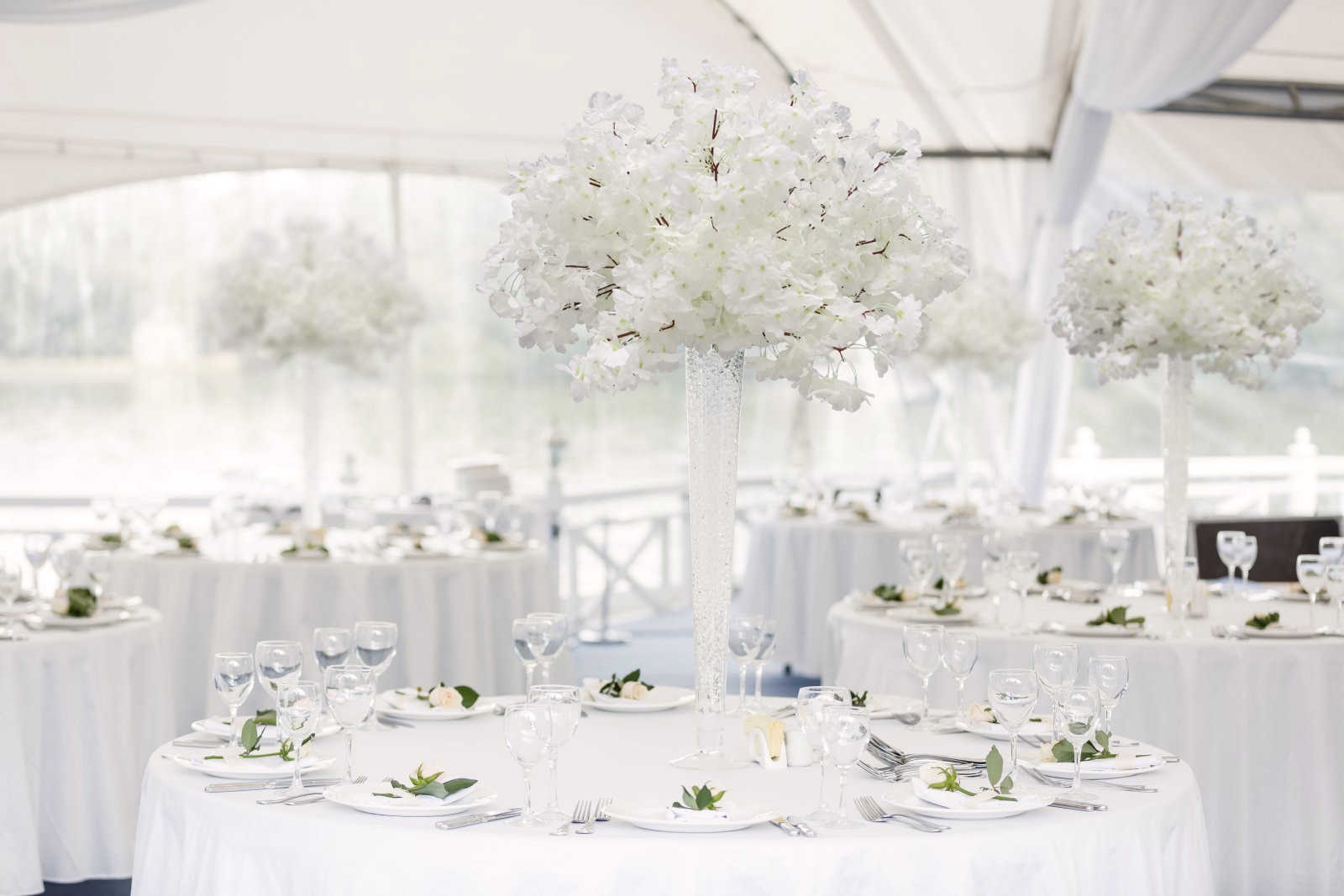Who pays for overseas wedding?
The couple getting married typically pays for their own overseas wedding. However, in some cases, family members or close friends may contribute to the expenses as a gift or as a gesture of support.
1、 Bride and groom
Traditionally, the answer to the question "Who pays for an overseas wedding?" would be the bride and groom. However, in recent years, there has been a shift in this tradition, and the responsibility for funding the wedding has become more flexible and varied.
In the past, it was customary for the bride's family to bear the majority of the wedding expenses, including the cost of an overseas wedding. This was seen as a way for the bride's family to showcase their wealth and social status. However, with changing societal norms and the increasing independence of couples, the financial burden is now often shared between both families or even solely by the bride and groom themselves.
In today's modern world, many couples are choosing to have destination weddings, which can be more expensive than traditional weddings. In such cases, it is common for the couple to cover the costs associated with their wedding, including travel expenses, accommodation, and venue fees. This is especially true if the couple has a specific vision for their wedding and wants to ensure that it meets their expectations.
However, it is important to note that every situation is unique, and there is no one-size-fits-all answer to this question. Some families may still adhere to traditional customs and offer financial support for an overseas wedding, while others may contribute in different ways, such as covering specific expenses or providing assistance with planning and logistics.
Ultimately, the decision on who pays for an overseas wedding depends on the preferences and financial capabilities of the couple and their families. Open and honest communication between all parties involved is crucial to ensure that everyone is on the same page and that the financial responsibilities are agreed upon in a fair and respectful manner.

2、 Family of the couple
Traditionally, the family of the couple is responsible for paying for an overseas wedding. However, in recent years, there has been a shift in this tradition, and the financial responsibility is often shared between the couple and their families.
In many cultures, it is customary for the bride's family to bear the majority of the wedding expenses, including those incurred for an overseas wedding. This is based on the belief that the bride's family is hosting the event and should cover the costs. However, with changing societal norms and the increasing trend of couples getting married later in life, many couples are now financially independent and prefer to contribute to their own wedding expenses.
Furthermore, as the concept of destination weddings gains popularity, the financial burden is often shared among both families and the couple themselves. Destination weddings can be costly, as they involve travel and accommodation expenses for both the couple and their guests. In such cases, it is common for the couple to cover their own travel expenses, while the families may contribute towards the wedding ceremony and reception costs.
Ultimately, the decision on who pays for an overseas wedding depends on various factors, including cultural traditions, financial capabilities, and personal preferences. It is important for the couple and their families to have open and honest discussions about the financial aspects of the wedding to ensure that everyone is comfortable with the arrangements.
It is worth noting that these dynamics may vary from one family to another and can be influenced by cultural, financial, and personal circumstances. Therefore, it is essential for the couple and their families to communicate and come to a mutual agreement on how to handle the financial aspects of an overseas wedding.

3、 Guests attending the wedding
Traditionally, the couple getting married is responsible for covering the costs of their wedding, including any expenses incurred for an overseas wedding. However, in recent years, there has been a shift in this tradition, and it has become more common for guests attending the wedding to contribute towards their own expenses.
With the rising popularity of destination weddings, couples often choose exotic locations that require guests to travel long distances and incur significant costs. In such cases, it is considered reasonable for guests to pay for their own travel and accommodation expenses. This is especially true if the couple has provided ample notice and information about the wedding location, allowing guests to plan and budget accordingly.
Furthermore, some couples may choose to have a smaller, more intimate wedding abroad, and in such cases, it is generally understood that guests will cover their own expenses. This is because the couple may have limited resources and cannot afford to pay for everyone's travel and accommodation.
However, it is important to note that every situation is unique, and the expectations and customs surrounding who pays for an overseas wedding can vary. Some couples may choose to cover certain expenses for their guests as a gesture of appreciation, such as accommodation or transportation. Ultimately, it is up to the couple and their guests to discuss and agree upon the financial arrangements that work best for everyone involved.
In conclusion, while traditionally the couple getting married is responsible for the costs of their wedding, the trend is shifting towards guests contributing towards their own expenses for overseas weddings. It is important for couples and guests to have open and honest communication about financial expectations to ensure a smooth and enjoyable wedding experience for all.

4、 Wedding planner or coordinator
Who pays for an overseas wedding is a question that often arises when couples are planning to tie the knot in a different country. Traditionally, the couple and their families are responsible for covering the costs of a wedding. However, when it comes to destination weddings, the dynamics can be a bit different.
In many cases, the couple themselves will bear the majority of the expenses for an overseas wedding. This is because destination weddings tend to be smaller and more intimate affairs, with a limited number of guests. Therefore, it is expected that the couple will cover the costs of travel, accommodation, and other related expenses for themselves and their immediate families.
However, it is not uncommon for the couple's families to contribute financially to the wedding as well. This could be in the form of helping with travel expenses or even covering the costs of certain aspects of the wedding, such as the venue or catering.
Another option that has become increasingly popular is hiring a wedding planner or coordinator who specializes in destination weddings. In this case, the couple would be responsible for paying the fees of the wedding planner/coordinator, who would then take care of the logistics and arrangements for the wedding. This can be a convenient option for couples who are unfamiliar with the destination or who simply want to alleviate some of the stress of planning a wedding from afar.
Ultimately, the decision of who pays for an overseas wedding depends on the couple's financial situation, their families' willingness to contribute, and their personal preferences. It is important for the couple to have open and honest discussions with their families and any wedding professionals involved to ensure that everyone is on the same page regarding the financial responsibilities.











































Leave your comment